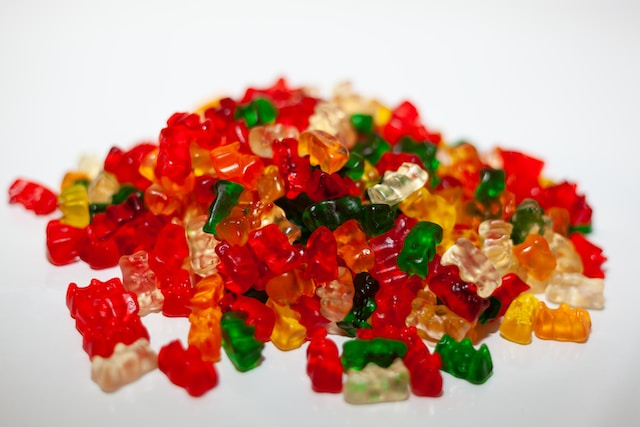CBD has been taking the health, wellness and now beauty industries by storm. From oils and tinctures to gummies and lotions, the varieties of CBD products available today is exponential. But what is CBD and how does it work? Read on for a beginner’s breakdown to what CBD is, why it works in the human body and who can utilize CBD for what.
What is CBD?
Cannabidiol, often abbreviated to CBD, is one of the many naturally occurring compounds in hemp and cannabis plants. This naturally occurring substance is extracted and processed to isolate the CBD at different levels, which can be used in products like oils, edibles and topicals. CBD comes from Cannabis sativa plants which has two primary species, the hemp plant and marijuana plant. Both plants contain CBD, but hemp plants contain a higher percentage of CBD while maintaining very low levels of THC.
How is CBD different from THC?
THC, or tetrahydro-cannabidiol, is the main psychoactive component in cannabis plants that creates a “high” sensation. THC is primarily consumed through inhalation of smoke or through edibles, oils or capsules. Both THC and CBD interact with the bodily systems, but according to research, THC interacts primarily with CB1 receptors which is linked to the high or euphoria feeling.
How Does CBD Work in the Body?
CBD works directly with the human body’s endocannabinoid system, or ECS. CBD intercepts both the CB1 and CB2 receptors in the ESC, which are primarily responsible for transmitting messages to the brain. The ECS is responsible for signaling in the body on a molecular level, meaning it regulates a broad spectrum of biological and physiological processes including pain management, inflammation, sleep, mood, digestion and more. According to early stage research, CBD can activate receptors in cells which can lead to improved regulation of the ECS and the human mind and body.
What Are the Health Benefits?
CBD has been emerging as having a multitude of health benefits. In June 2018, the FDA approved the first prescription medication containing CBD, Epidiolex. It is used to treat rare and difficult to control forms of epilepsy but is not officially approved to treat other conditions at this time. Because CBD works within the body to regulate receptors, it can be used for autoimmune diseases as well as for targeted and specific ailments.
According to early stage research, CBD does have a range of health benefits and can help a range of conditions like:
–pain pill / opioid replacement
Though CBD is gaining popularity rapidly, there are more clinical trials and studies needed to confirm the full impact and effectiveness of CBD. There has been little evidence of side effects accompanying CBD, but if you are a first time user consulting your doctor or a medica professional is always a good place to start.
Is CBD Legal?
Cannabis and hemp related laws in the United States are evolving and changing rapidly. Hemp has been removed from the list of Controlled Substances and hemp-derived CBD is legal at the federal level and accessible in most of the 50 states. Industrial hemp is described by the 2018 Farm Bill as having less than 0.3% THC, so CBD is legal if companies are transparent in their manufacturing process and label claims. Each state has its own laws and regulations, so check with your state’s protocols before purchasing CBD.
CBD Takeaways
The hype surrounding CBD is real and does seem relevant. Though there is still more research needed surrounding the impacts and potential side effects of CBD, anecdotal evidence and early-stage studies have shed light in a positive direction. If you are curious about using CBD and aren’t sure where to start, it’s important to begin with a reliable source. Always turn to third-party lab test results to ensure the quality, potency and purity of your CBD product. Choose independent companies with labs like Real Tested CBD to explore what CBD products tested accurately to label claims and serve best for you.
To compare Real Tested CBD’s list of tested and tried CBD products and brands, click here.
Most Recent Tested products

















Leave a Comment